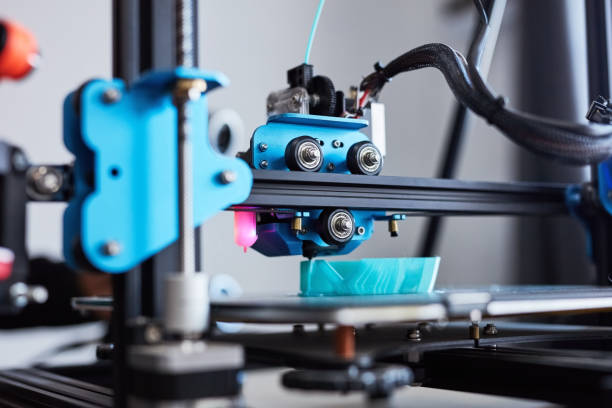
Steam fittings are critical elements in the infrastructure of steam systems, playing a vital role in the transport and control of steam within industrial settings. These components ensure the safe and efficient operation of systems used in power generation, manufacturing, and heating applications. Understanding the importance and proper management of such fittings is crucial for maintaining system integrity, performance, and safety. This article explores the essential components and best practices for effective steam system management in Malaysia and so on.
Types of Steam Fittings
Valves: Valves are one of the most crucial steam fittings, used to control the flow and pressure within steam systems. Types include gate valves, globe valves, and check valves, each designed for specific functions and operational conditions.
Traps: Steam traps are essential for removing condensate and non-condensable gases without letting steam escape. Effective traps increase efficiency and reduce energy consumption.
Pressure Reducers: These fittings are used to control the steam pressure delivered to machinery and processes, ensuring that each component receives steam at the correct pressure.
Connectors and Joints: Reliable connectors and expansion joints accommodate thermal expansion in steam piping, prevent leaks, and reduce stress on the piping system.
Installation Best Practices
Proper Sizing: Correct sizing of steam fittings is essential to ensure efficient operation. Oversized or undersized fittings can lead to energy losses, increased wear and tear, and operational inefficiencies.
Sealing Techniques: Effective sealing is crucial to prevent steam leaks, which can be both dangerous and costly. Using the right gaskets and thread sealants is essential, as is ensuring that all fittings are tightened to the correct specifications.
Accessibility: Install steam fittings in a manner that allows for easy access during maintenance and inspection. Ensuring that valves and traps are easily reachable can significantly reduce downtime during repairs.
Maintenance and Safety
Routine Inspections: Regular inspections are crucial for identifying wear and potential failures before they result in system downtime or hazardous situations. This includes checking for leaks, corrosion, and damage to fittings and associated piping.
Cleaning and Repairs: Keeping steam fittings clean and in good repair is essential for system efficiency and longevity. Scheduled cleaning helps prevent scale and sediment build-up, which can impair the operation and safety of the steam system.
Safety Protocols: Safety is paramount in steam system management. Ensure that all personnel are trained in the safe operation of steam systems, including the proper handling of steam fittings under high pressure and temperature.
Enhancing System Efficiency
Energy Audits: Conducting regular energy audits can help identify inefficiencies in steam systems. Upgrading outdated or inefficient steam fittings can lead to significant energy savings and reduced operational costs.
System Upgrades: Technology in steam system components is continually advancing. Upgrading to newer, more efficient steam fittings can improve system performance, reduce energy use, and lower maintenance costs.
Conclusion
Steam fittings are integral to the successful operation of steam systems, impacting everything from operational efficiency to safety and energy consumption. Implementing best practices in installation, maintenance, and management of these components is essential for any industry relying on steam-powered processes. By prioritizing proper fitting selection, installation, and upkeep, businesses can ensure their steam systems operate at peak efficiency while maintaining the highest safety standards.…












